Insomnia is one of the most frequent complaints received by general practitioners. The success of insomnia treatment depends on a correct diagnosis. There is a big number of sleep medications in the world. The perfect remedy for insomnia should induce sleep with normal structure, but not artificially modified ones. It shouldn’t have aftereffects such as rebound anxiety or residual sleepiness.
Moreover, it shouldn’t interact with other drugs and induce dependence and withdrawal syndrome during long courses. Regular physical activities have these properties, but quite often it is not enough. Moreover, such activities are contraindicated for people with heart and lungs diseases.
However, sometimes even light exercise helps to induce sleep. Although the meaning of the sleep is not fully investigated, it contributes to the normal daily activity and sleeping pills should be used in such a way so as not to disrupt it.
Classification
There are 3 types of insomnia (National Institute of Mental Health Consensus Development Conference, 1984).
- Transient insomnia lasts up to 3 days and is usually associated with short-term stress. Sometimes sleep hygiene is enough. Often sleep pills are prescribed to be taken in minimal dose and only 2-3 nights. However, the prescription of benzodiazepines before important events (e.g. exams) may reduce performance (James and Savage, 1984).
- Short-term insomnia lasts from 3 days to 3 weeks and is caused by stress such as illness, family or business troubles. Treatment should be also started with the sleep hygiene. One can be prescribed with a soporific for 7-10 days (preferably with intermittent course, with night gap, after 1-2 nights with good sleep).
- Chronic insomnia lasts for more than 3 weeks, and may be not related to stress. Such patients should be prescribed a more in-depth survey, but somnography is usually not required.
Insomnia related to mental disorders often undergoes during the treatment of the main disease. Thus, during depressive episodes with insomnia even selective serotonin reuptake inhibitors can usually improve sleep, despite the fact that insomnia is one of their side effects. If these drugs reduce depression, but cause sleeplessness (as a side effect), the addition of small doses of trazodone for the night can improve sleep and enhance the main effect (Nierenberg et al., 1994). However, such patients may get priapism, orthostatic hypotension and arrhythmias.
Insomnia connected with other chronic diseases (congestive heart failure, asthma, COPD) often decreases during the treatment of the main illness.
Adequate analgesia for chronic pain, including cancer patients’ one, eliminates pain as well as insomnia, making the prescription of sleeping pills needless.
Many patients just do not maintain sleep hygiene, and the restriction of drinking coffee, rejection of alcohol, physical activity, and regular alternation of sleep and wakefulness often help them. If mental and other diseases are absent or the measures on sleep hygiene are ineffective, one should suspect the presence of reflex insomnia. For such patients a bedroom is associated with daily activity, not sleep. Recommendation for them is to use the bedroom only for sleep and sexual intercourse, spending the rest of the time (including leisure - even reading and watching television) outside the bedroom.
Sleep medications
Sleep is a state of rest with repetitive phases of brain activity that can be registered on the electroencephalogram (EEG). Sleep stages are repeated cycles 4-5 times during the night, and the cycles are broken by the phase of rapid eye movement (REM) (A). The EEG of REM is similar to the EEG of wakefulness. REM is characterized by rapid movements of the eyeballs, the presence of dreams and twitching of some muscles, while the rest of muscles are atonic. Normally, NREM (No Rapid Eye Movement) precedes REM sleep. When sleep is interrupted, time of REM is shortened (normally it is about 25% of total sleep time), that leads to a state of anxiety and irritability during the day. REM deficit is eliminated during the next nights by lengthening of this phase (B).
Sleeping pills can shorten REM (B). While taking sleeping medications for several days, the ratio of sleep stages normalizes. Immediately, right after drug discontinuation REM becomes lengthened and restored after many days (B). REM is accompanied by dreams and the person thinks that his/her sleep is defective. That is why people continue to take sleeping pills and it leads to addiction.
Benzodiazepines are usually taken as sleep medications. Barbiturates that were previously used had fallen into disuse (since overdose induced respiratory paralysis). Benzodiazepines as well as barbiturates influence GABA receptors. However, application points of benzodiazepines and barbiturates are different. Taken in high doses, barbiturates clearly act also as GABA agonists.
Benzodiazepines
For the functioning of the central nervous system activating and neurons blocking mechanisms are needed. Processes of neurons inhibition of the brain and the spinal cord are mainly related to the action of a substance-carrier - γ-aminobutyric acid (GABA), which via GABA receptors causes a decrease of nerve cells excitability. The mechanism is triggered during the process of GABA binding, whereby C1 ~ -channels open that leads to the hyperpolarization of the cell membrane and thus reduce neuronal excitability. The receptor that is constructed from five subunits exhibits a high specificity to benzodiazepines, the binding of which occurs on a subunit adjacent to the one where GABA is bound. Binding and action of GABA is enhanced as a result of the allosteric action of benzodiazepines. One of the most commonly prescribed benzodiazepines is diazepam. Barbiturates are also able to bind on Ch-channels proteins, whereby GABA channels, which become open, stay in such a condition for long time.
During taking benzodiazepines significant personality changes appear. Reactions are smoothed out. Inadequate perception of what is happening is possible. All activities requiring quick and actions that require focus (not just driving a car) should be stopped.


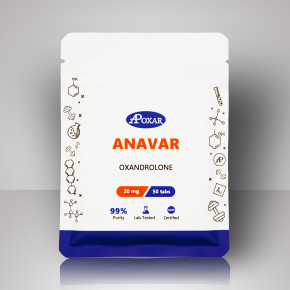
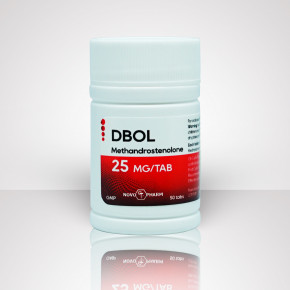





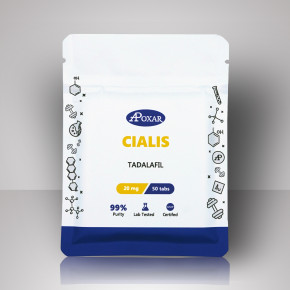
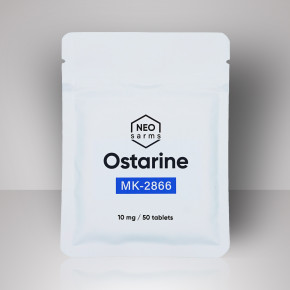
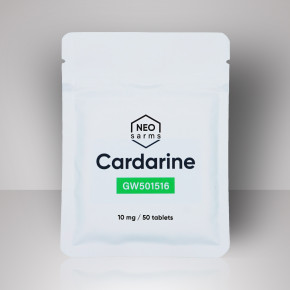


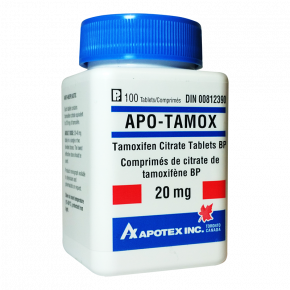

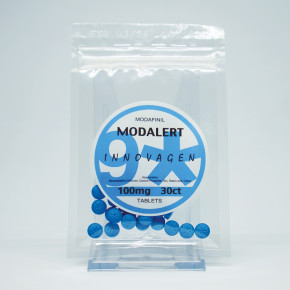

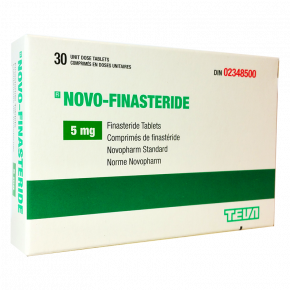
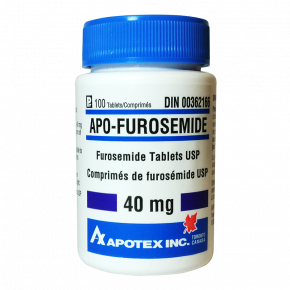






 Proudly Serving Canadians Since 2012
Proudly Serving Canadians Since 2012